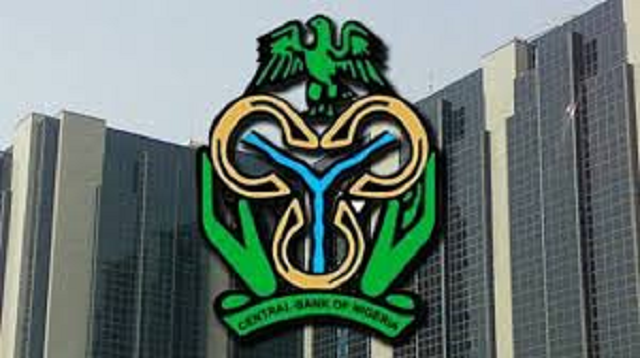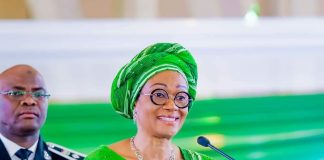A recent survey report by the Central Bank of Nigeria (CBN) for the last quarter of 2020 (Q4 2020) has shown that the increasing rate of inflation will weaken the country’s economy in 2021.
The CBN’s statistics department report on ‘Inflation Attitudes Survey for Q4 2020’ was unveiled on Monday.
The report shows that 60.8 percent of respondents were of the opinion that the country’s economy will further decline in the coming 12 months if prices rise faster.
The apex stated that the responses are in line with the belief that inflation limits economic growth.
According to the survey 66.7 percent of the respondents anticipate prices to rise by at least 3 percent over the coming 12 months, while 15.1 percent respondents were expressed optimism that prices would either improve or remain stable.
READ ALSO: NDIC Commences Closure of 42 Microfinance Banks
A larger percentage of the respondents preferred higher interest rates to higher inflation.
I a separate report by CBN’s statistics department on ‘consumer expectations survey for Q4 2020’ released on Monday, most of the respondents foresee prices of goods and services increasing in the next 12 months.
“The major drivers are; savings, food and other household needs, education, purchase of appliances/ durables, purchase of car/motor vehicle, and purchase of houses,” the report read.
In addition, consumers fear that the borrowing rate will increase and expects the value of Naira will improve over the coming 12 months, while consumers fear that the level of unemployment will rise in the coming year.
Consumers’ overall confidence outlook in this quarter (Q4 2020) showed pessimism.
“Respondents attributed this unfavourable outlook to declining economic conditions, family financial situation and declining family income.”
However, consumers’ overall confidence outlook for first quarter of 2021 (Q1 2021) and next 12 months was optimistic.
CBN said: “This positive outlook could be attributed to the expected increase in net household income, an anticipated improvement in Nigeria’s economic conditions and expectations to save a bit and/or have plenty over savings in the next quarter and the next 12 months.”












